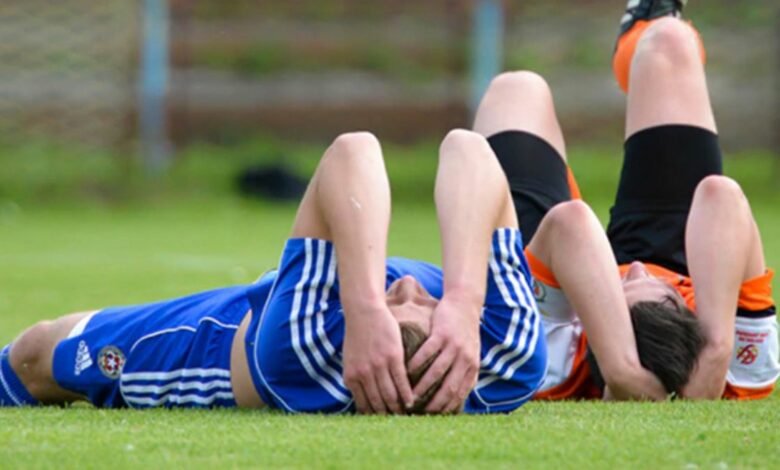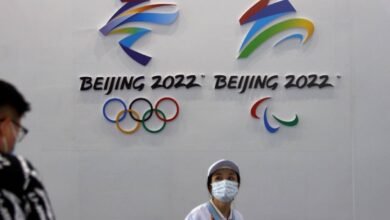Fresh hope for concussion management among college athletes

Study suggests concussion-hit athletes can return to play with an additional month of recovery beyond the typical recovery time.
Sports-related concussions are receiving much attention at all levels of athletics. Concussions can affect student-athletes both on the field and in the classroom. Much of the focus has been on repeated concussions or return-to-play before complete recovery which can have catastrophic consequences.
Policies around concussion management have generally focused on return-to-play, and return to academics tends to follow a case-by-case need-based plan. Experts in this field are of the opinion that the role of cognitive stress and impact on academics in the life of a student-athlete is often overlooked when policies are framed.
Good news for athletes
As good news for athletes who are slow to recover from concussion, a new study suggests that they may be able to return to play with an additional month of recovery beyond the typical recovery time.
Slow recovery means taking more than 14 days for symptoms to resolve or taking more than 24 days to return to play, both are considered the typical recovery time for about 80% of athletes with concussion.
The new study was published by Thomas W. McAllister, MD, of the Indiana University School of Medicine in Indianapolis, in the January 18, 2023 online issue of Neurology, the medical journal of the American Academy of Neurology.
The study included 1,751 concussed college athletes who played for teams in the NCAA-Department of Defense (DOD) CARE Consortium and who had baseline data collected between the fall of 2014 and the spring of 2018.
As per the report, out of 399 athletes with slow recovery after concussion, 77.6% returned to play within 60 days of injury. Within 90 days of injury, 83.4% of athletes with slow recovery were cleared for return to play. But at 6 months post-injury, 10.6% had not returned to play.
Full recovery achievable with additional time
Although an athlete may experience a slow or delayed recovery, there is reason to believe recovery is achievable with additional time and injury management. The results of this study provide helpful information for athletes and medical teams to consider in evaluating expectations and making difficult decisions about medical disqualification and the value of continuing in their sport, McAllister was quoted saying by a report.




